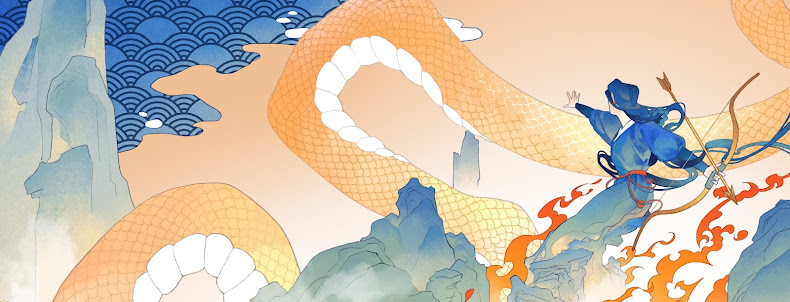This
engaging and well-researched historical tome about one of Russia’s greatest
rulers merits 4 full stars. Apart from painting a memorable and respectable
portrait of the dramatic life of Catherine the Great, the book also accounts succinctly
for the labyrinth of European/Eurasian politics at play in the 18th
century, and depicts Russia’s participation in the Seven Years’ War, its carving
up of Poland, its two major Wars with Turkey and its putting down the Pugachev
Rebellion.
As
a child German princess, Catherine II was inspired by her Huguenot Frenchwoman
tutor to develop a “permanent love of the French language, with all its
possibilities for logic, subtlety, wit and liveliness in writing and
conversation”. As a Russian grand duchess and later Empress, she came under the
influence of great French philosophers and writers like Bayle, Voltaire,
Diderot and Montesquieu, and became the life-long friend of Friedrich Melchior
Grimm. Hence her guiding rules for governance were fundamentally based on
Enlightenment principles, although she always kept up the appearance of being a
devout Orthodox Christian since her conversion from Lutheranism at the time of
her marriage to Peter III at the age of fifteen.
Despite
her sincere attempt to end centuries-old serfdom in Russia, stiff opposition
from the deeply entrenched landed nobility, especially those who had a hand in
putting her on the throne, meant that her hands were tied. But her summoning
the Legislative Commission in 1767 to debate on social issues raised in her
carefully crafted “Nakaz” (a political treatise) showed that she was truly
willing to listen to opinions of her subjects about social reforms.
Her
personal life was marked by frustration and misery in the first nine years of
her marriage. Then after the death of Empress Elizabeth, a twist of fate catapulted
her to the zenithal position. Delight, love and career pursuits, success and material
opulence decorated her mid-life. After the death of the love of her life, her trusted
partner and best friend – Gregory Potemkin – in 1791, she never quite recovered
from her grief.
It
is interesting to note that the term “Potemkin village”, with its sarcastic
undertone which is meant to mock something that’s sham or fraudulent, is actually
unjustly attributed to Gregory Potemkin and ungrounded in truth in its common usage.
As Massie points out, when Potemkin showed Catherine his great achievements in
the form of newly built ports, villages and naval bases in the Crimean
peninsula, there were other eyewitnesses – the ambassadors from England and
France – who were just as amazed as Catherine on seeing the spectacular new buildings
and infrastructure, which couldn’t have been cardboard displays.
